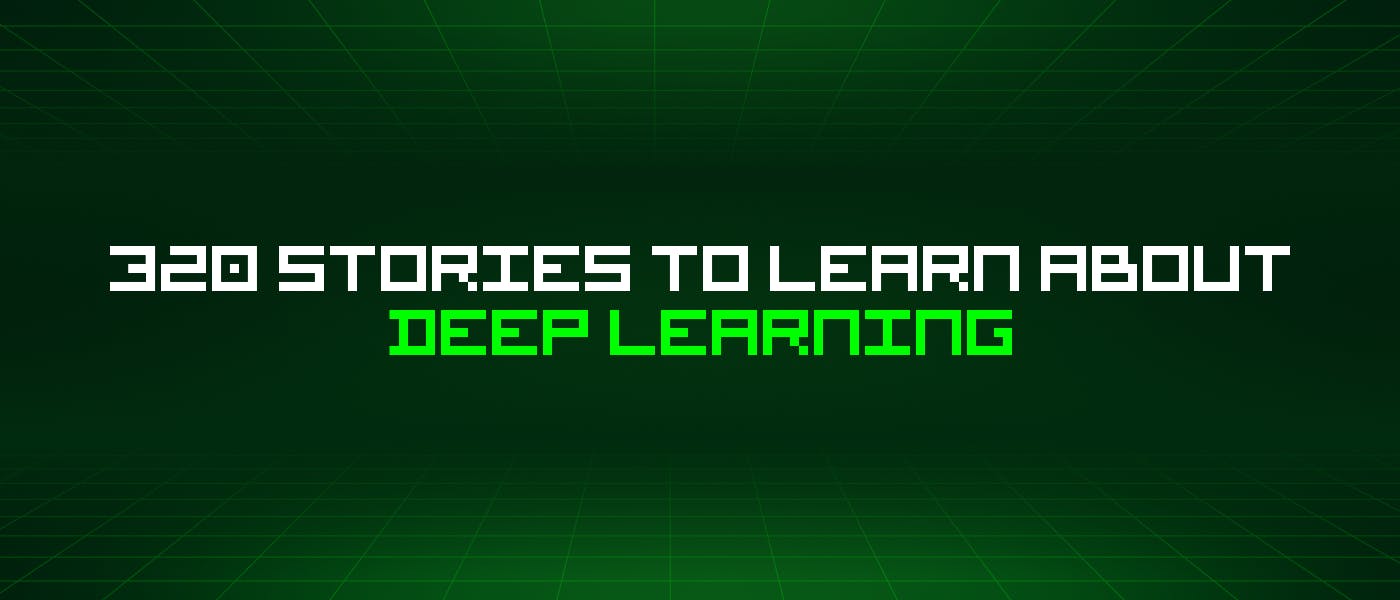316 reads
320 Stories To Learn About Deep Learning
by
January 29th, 2024
Audio Presented by

Lets geek out. The HackerNoon library is now ranked by reading time created. Start learning by what others read most.
About Author
Lets geek out. The HackerNoon library is now ranked by reading time created. Start learning by what others read most.
